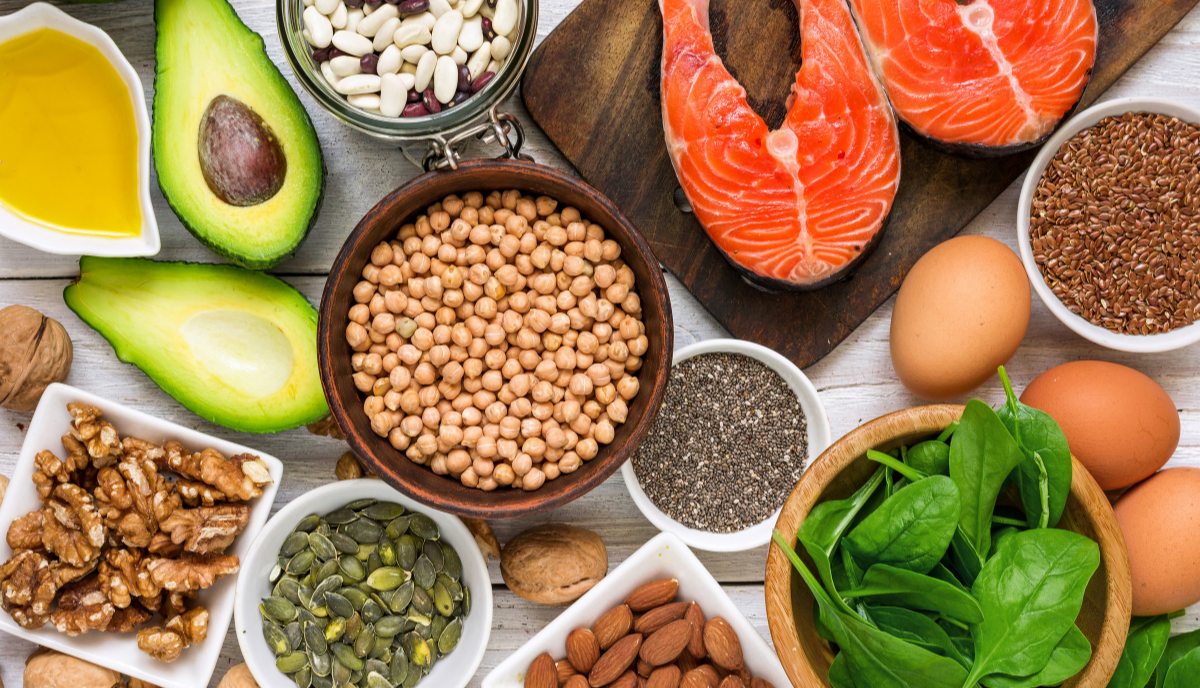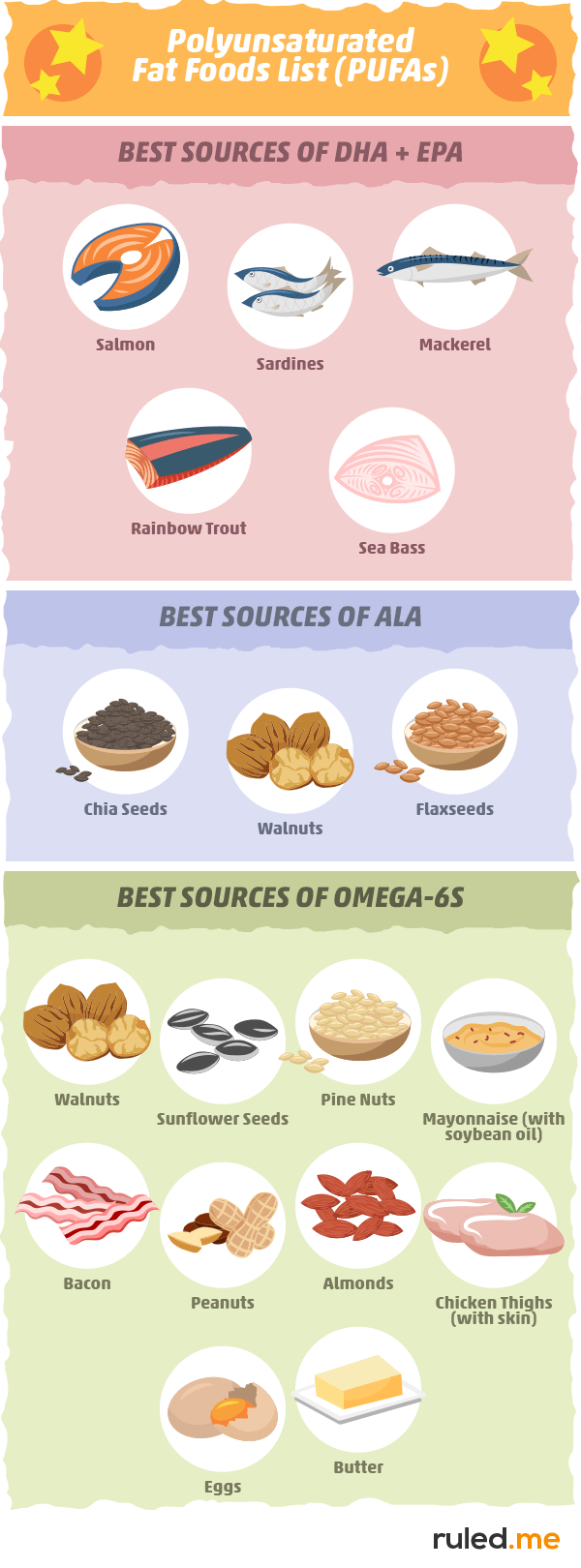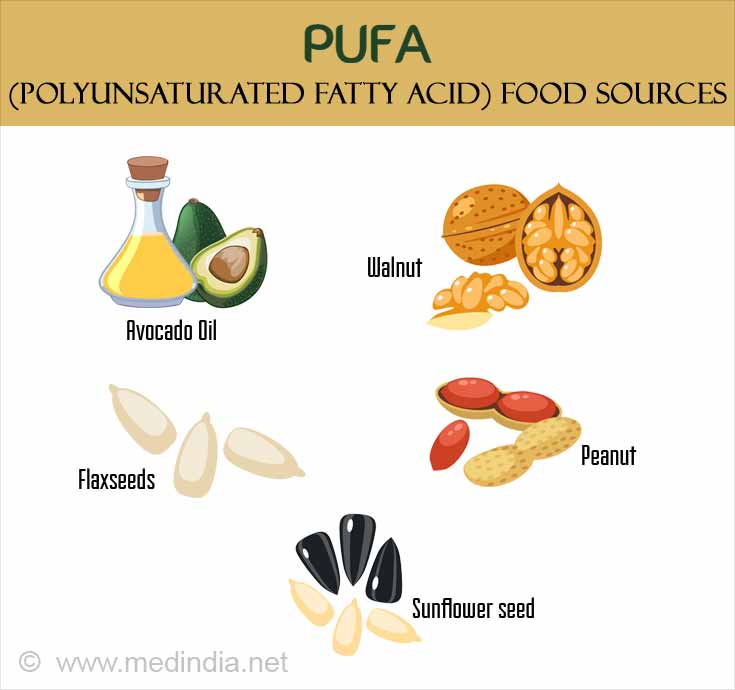Foods Rich In Polyunsaturated Fats

Foods Rich In Polyunsaturated Fats
What are Polyunsaturated Fats?
Polyunsaturated fats are unsaturated fats that have two or more double bonds in their chemical structure. They are commonly found in vegetable oils, nuts, and seeds. They are considered to be “good” fats because they help lower “bad” cholesterol levels in the body, and have been linked to reducing the risk of certain diseases. Polyunsaturated fats are also an important source of essential fatty acids, which play an important role in maintaining healthy brain, heart, and immune system functions.
What are the Benefits of Polyunsaturated Fats?
Polyunsaturated fats are a great source of essential fatty acids, which are essential for normal body functions. They help keep cell membranes healthy, protect the organs and tissues, and help the body absorb essential vitamins and minerals. Polyunsaturated fats can also help reduce inflammation in the body, which is linked to a variety of health issues. Additionally, polyunsaturated fats are known to help reduce bad cholesterol levels, which can improve cardiovascular health.
What Foods Contain Polyunsaturated Fats?
Polyunsaturated fats can be found in a variety of foods, such as vegetable oils, nuts, and seeds. Some of the most common sources of polyunsaturated fats include canola oil, sunflower oil, safflower oil, corn oil, soybean oil, nuts such as cashews, almonds, and peanuts, seeds such as sesame, pumpkin, and flax, and fish such as salmon, mackerel, and tuna.
Are Polyunsaturated Fats Healthy?
Polyunsaturated fats are generally considered to be healthy, as they are a source of essential fatty acids and can help reduce inflammation in the body. Additionally, polyunsaturated fats can help reduce bad cholesterol levels, which can improve cardiovascular health. While polyunsaturated fats can be beneficial, they should be consumed in moderation, as consuming too much can lead to weight gain.
What are the Recommended Daily Intake of Polyunsaturated Fats?
The amount of polyunsaturated fat recommended for daily consumption depends on a person’s age, gender, and physical activity level. The American Heart Association recommends that adults consume no more than 10% of their daily calories from polyunsaturated fats. For a person consuming 2000 calories a day, this would equate to about 22 grams of polyunsaturated fats. It’s important to note that it is still important to consume a variety of healthy fats, including monounsaturated and saturated fats, to ensure proper nutrition.
What are the Risks of Consuming Too Much Polyunsaturated Fats?
Although polyunsaturated fats are generally considered to be healthy, consuming too much can lead to weight gain and other health issues. Additionally, some polyunsaturated fats can be pro-inflammatory, meaning they can increase inflammation in the body. Some studies have also suggested that consuming too much polyunsaturated fat can increase the risk of certain types of cancer. Therefore, it’s important to consume polyunsaturated fats in moderation and to be sure to include a variety of healthy fats in your diet.
Polyunsaturated Fat Facts and Health Benefits | Nutrition

PolyUnsaturated Fats (Omega 3s and Omega 6s) Effects on the Body

The Truth About Polyunsaturated Fat: Is It Really Healthy?

Polyunsaturated fats : Functions,Deficiency Symptoms ,Vegan Foods

Pin on Lipids Foods

MUFA和PUFA食品 - 亚博网上平台-首页

Polyunsaturated Fat: 10 Foods High in Polyunsaturated Fat

Why Australian dietary recommendations on fat need to change : SBS Food

Diet High in Polyunsaturated Fats May Reduce Cholesterol

Polyunsaturated Fatty Acid Intake Linked to Patient-Reported SLE
